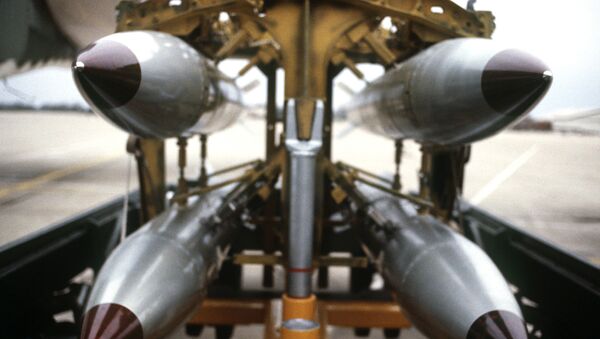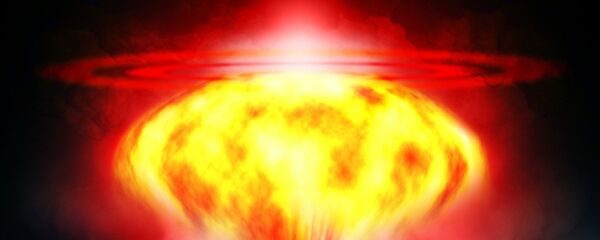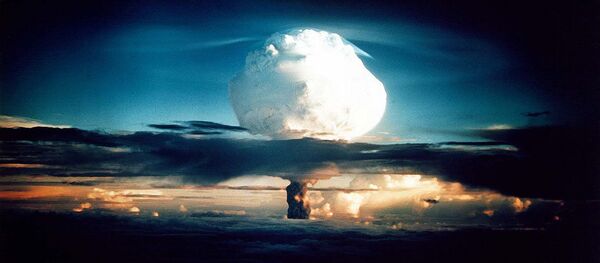What lies at the root of Carter's alarmist stance?
According to US journalist and Antiwar.com editor Jason Ditz, the reason is obvious and it has nothing to do with Russia's imaginary "threat."
Since early 2010 the Obama administration has been pushing ahead with a plan to "rebuild and sustain America's aging nuclear stockpile."
In his 2010 piece Ditz called attention to the fact that President Obama sought $80 billion in funding for nuclear weapons, despite his vows to focus on total nuclear disarmament.
"Far from a sudden reaction to Ukraine, however, the Obama Administration has been pushing this scheme, and its ever-growing price tag, since early 2010, several years before Ukraine, and amid some of the better US-Russia ties in a generation," the US journalist writes in his latest article.
Meanwhile some estimates on the cost put it in the $348 billion range, Ditz noted, adding that many American NGOs argue that the cost will in fact exceed half a trillion dollars.
In light of this, in order to get the deal done, Washington first needs to identify a serious "threat" which could justify the enormous price tag.
After the US-backed Ukrainian coup Russia was declared as a "substantial threat" by the US and NATO war hawks, which immediately kicked off a program aimed at beefing up the US' military presence in Europe and a large-scale modernization of NATO nuclear arsenals.
"That Russia is a sudden excuse likely reflects the Pentagon's growing desperation to avoid serious debate about bankrupting another generation with more and more advanced nuclear arms decades after the Cold War's conclusion," Ditz elaborated.
"With Russia serving as a ready-made excuse for hasty escalations elsewhere, there's probably not going to be much pushback in Congress," the US journalist concluded.



